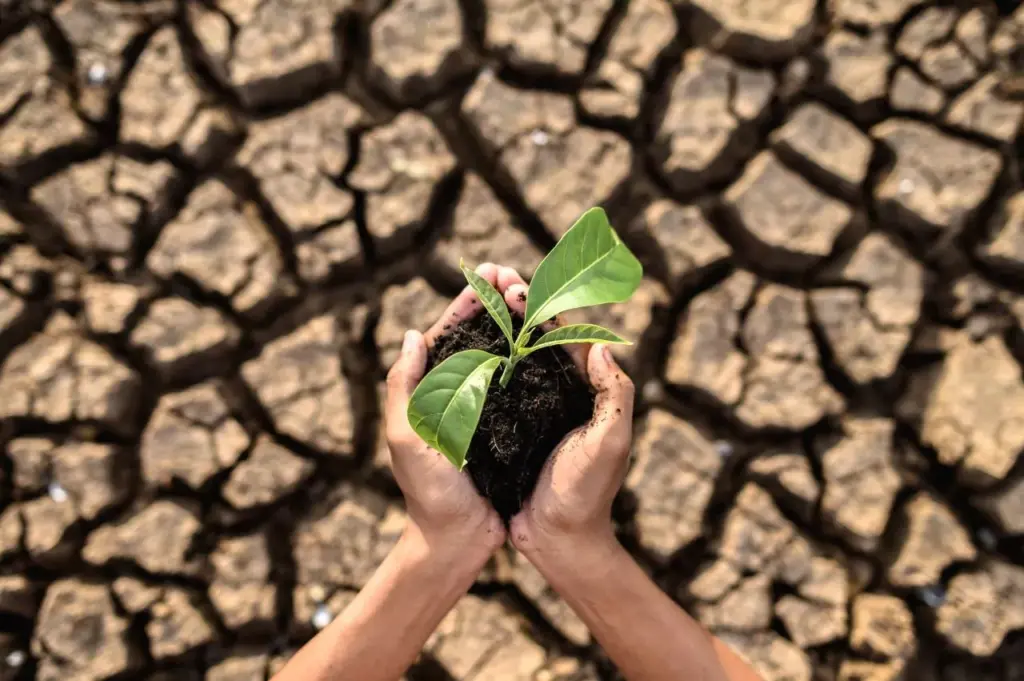No products in the cart.

How Corrugated Sustainable Packaging Reduce Carbon Footprint For Your Business
The Relevance of Carbon Footprint and Social Responsibility
When it comes to sustainability and environmental stewardship, understanding and addressing our carbon footprint is of utmost importance. Here are some key pointers highlighting the relevance of carbon footprint and its connection to social responsibility:

Mitigating Climate Change: Reducing our carbon footprint is essential for mitigating climate change. By adopting sustainable practices and reducing CO2 emissions, we can contribute to slowing down the rate of global warming. This involves transitioning to renewable energy sources, improving energy efficiency, promoting sustainable transportation, and implementing eco-friendly measures throughout our daily lives and business operations.
Social Responsibility: Recognising and taking action to reduce our carbon footprint aligns with our social responsibility to future generations. By actively working towards carbon neutrality, we contribute to a sustainable and equitable future for all. Embracing sustainable practices demonstrates a commitment to environmental stewardship and sets an example for others to follow.
Health & Well-being: Addressing our carbon footprint has direct implications for human health and well-being. The reduction of CO2 emissions can improve air quality, leading to better respiratory health and a lower incidence of respiratory diseases. By prioritising sustainable practices, we create healthier living environments and contribute to the overall well-being of communities.
Business & Economic Benefits: Taking steps to reduce our carbon footprint can also bring economic benefits. Embracing sustainable practices and green technologies can lead to cost savings through energy efficiency, waste reduction, and resource optimization. Additionally, consumers and stakeholders increasingly value environmentally responsible businesses, creating opportunities for market differentiation, brand loyalty, and long-term business sustainability.
Collective Action & Collaboration: Addressing carbon footprints requires collective action and collaboration. Governments, organisations, and individuals all have a role to play in implementing sustainable practices, supporting renewable energy initiatives, and advocating for policies that incentivize carbon reduction. By working together, we can amplify our impact and drive positive change on a larger scale.
Understanding the relevance of carbon footprints and embracing our social responsibility empowers us to make informed choices and take meaningful action towards a more sustainable future. By reducing our carbon footprint, we contribute to environmental preservation and support social well-being.
Corrugated Packaging

Corrugated packaging offers numerous benefits when it comes to reducing your business’s carbon footprint. With its recyclability and eco-friendly production process, corrugated packaging is an excellent choice for businesses looking to adopt sustainable practices. Discover how corrugated packaging can contribute to a greener future.
Recyclability and Sustainability
Corrugated packaging is primarily made from recycled paper, such as newspapers and cartons, which makes it easily recyclable after use. Unlike other packaging materials, corrugated packaging is typically produced without the use of colours or bleaches, ensuring a more sustainable disposal process. Its composition allows for proper recycling, minimising waste and conserving resources.
Biodegradability and Environmental Impact
Due to its high cellulose content, corrugated packaging degrades rapidly, especially when exposed to natural elements like rain. This natural decomposition process contributes to a reduced environmental impact compared to synthetic packaging materials like polystyrene and bubble wrap. Additionally, the production of corrugated materials can lower CO2 and oil emissions by up to 60%, making it a more sustainable choice.
Energy Efficiency and Conservation
Corrugated packaging offers significant energy-saving benefits throughout its lifecycle. The ability to recycle and reuse corrugated materials reduces the energy required for manufacturing new packaging products. By choosing corrugated packaging, you can contribute to overall energy conservation and support a more efficient use of resources.
Simplified Disposal and Reduced Emissions
Corrugated boxes are manufactured without the addition of unnecessary chemicals or bleaches, making their disposal simpler and reducing emissions released into water systems. The environmentally friendly production process of corrugated packaging minimises the use of additives, further decreasing the environmental impact associated with its manufacture.s
Fuel Efficiency in Transportation
The weight of packaging materials directly affects the fuel consumption during transportation. Corrugated packaging, being lightweight, helps reduce the overall weight of shipments, leading to significant fuel savings. By opting for corrugated packaging, businesses can contribute to a greener transportation industry and decrease their carbon emissions.

Choosing corrugated packaging for your business not only reduces your carbon footprint but also supports a more sustainable future. By embracing eco-friendly materials and practices, you can contribute to a greener economy while meeting the demands of environmentally conscious consumers. Check out our 3 Ply corrugated gift boxes to get started on your sustainable plastic-free journey!

